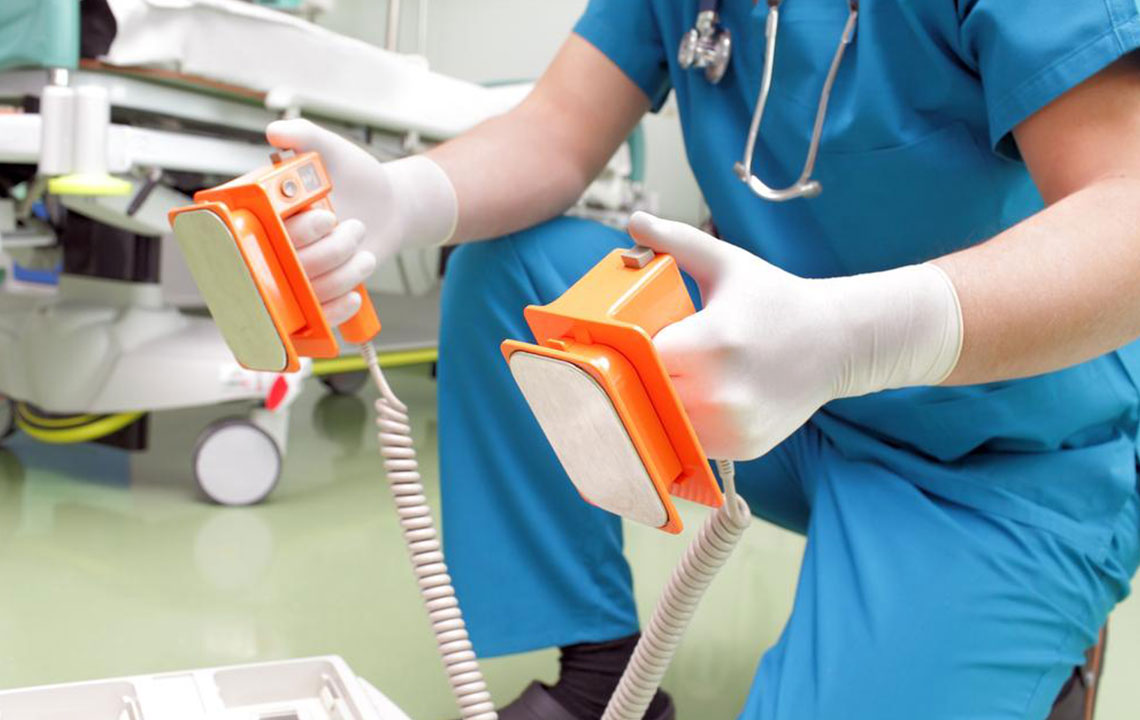How is atrial fibrillation diagnosed and treated
Atrial fibrillation is a disease that most commonly affects the elderly. Thousands of cases are diagnosed every year for the treatment of Afib stroke. The risk of this condition increases with age, and 1 out of 10 people are affected. Young people with heart conditions are also prone to atrial fibrillation. AFib strokes can be diagnosed by the symptoms they exhibit and can be managed with AFib stroke treatments.
High blood pressure puts a strain on the heart which can cause strokes.

Symptoms and diagnosis
- Dizziness is common symptom reported and experienced by patients with Afib.
- Chest pain that occurs while resting as well as working. A patient with this kind of pain could need a treatment for Afib stroke.
- Remedies might need to be prescribed to patients who are experiencing fast and irregular heartbeats.
- Breathlessness is another symptom that develops as a result of AFib. This symptom can be present all the time but can get more pronounced when the person is agitated or excited.
ECG tests are the most reliable tests for confirming the diagnosis of atrial fibrillation. The test can positively determine whether the symptoms being experienced would require treatment through the prescription of atrial fibrillation remedies. Ultrasound tests are also useful in finding the underlying conditions within the body which can increase the risk to the patient’s life.
Treatment
Bringing the heart beat rate under control is crucial for maintaining a healthy heart and necessary for the treatment of AFib. Your heart rhythm must be controlled, and its regularity should be checked. Anticoagulation treatment options and remedies are available for preventing AFib strokes.















